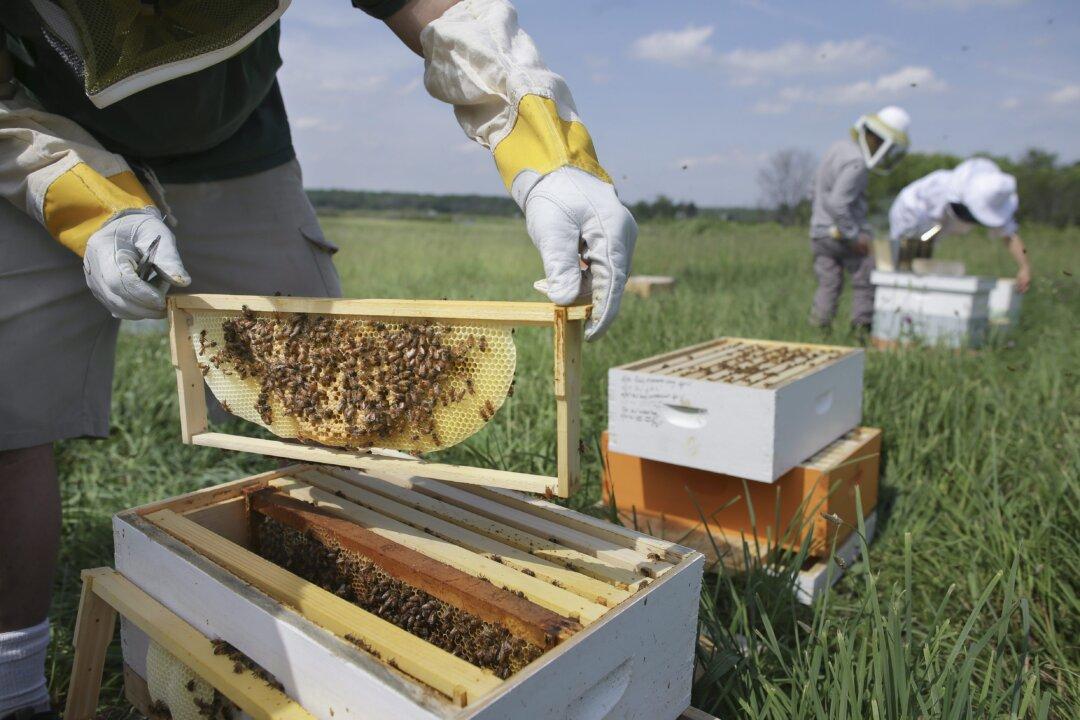OTTAWA—The federal government is responding to calls from environmental activists over conditionally approved pesticides, saying it will end the rare practice of allowing the use of pesticides that aren’t fully approved for sale.
Health Minister Jane Philpott says conditional registrations of the chemicals will no longer be granted, effective June 1.
Two separate House of Commons committees and Canada’s environment commissioner had called on the government to end the practice of allowing some pesticides to be used while the products undergo a more rigorous scientific evaluation.
Under conditional registrations, the Pest Management Regulatory Agency has allowed pesticide manufacturers to provide information on a product after it had been approved.
Such registrations are currently granted when a scientific review determines that a pesticide poses an acceptable risk to people and the environment, but more information is needed.
But unlike full registrations, conditional registrations don’t undergo public consultation before the pesticides are put into use.





